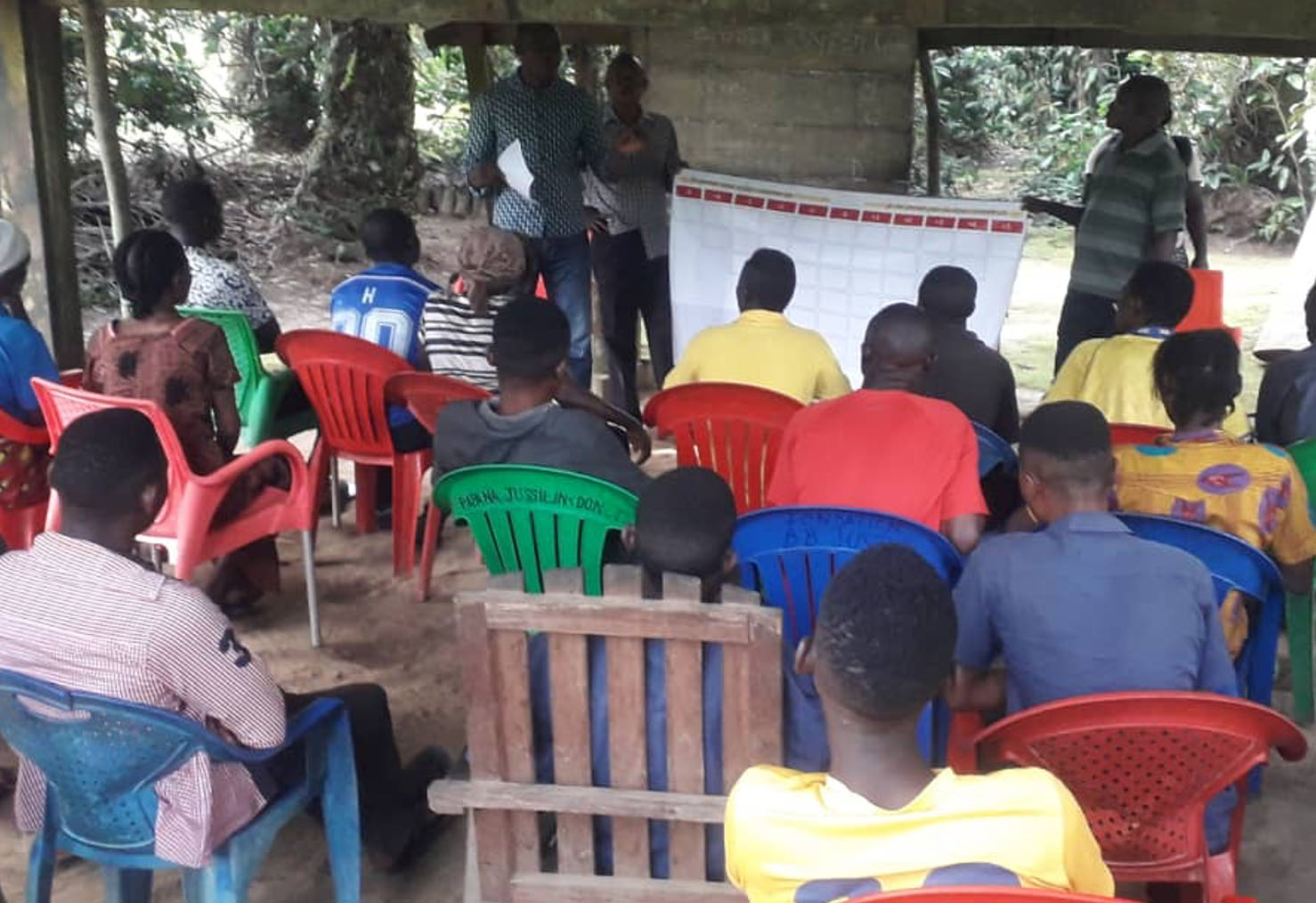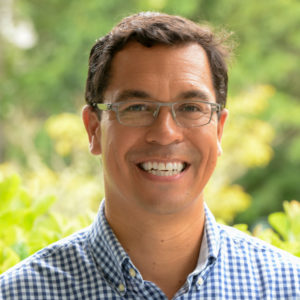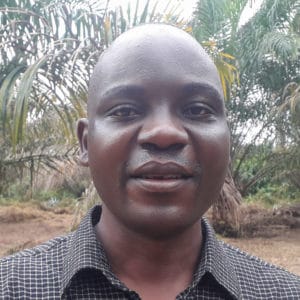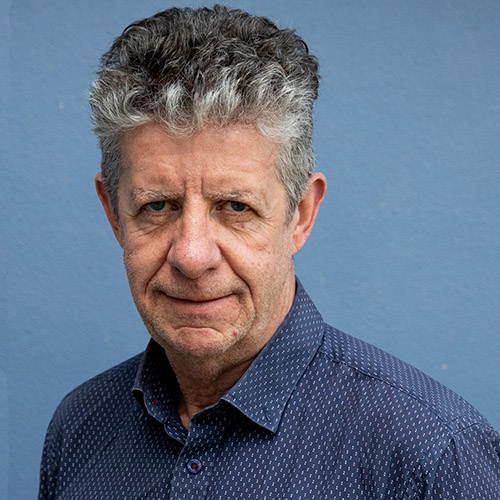Primary forests must play a vital role in mitigating climate change as massive stores of highly secure carbon and a haven for biodiversity. REDD+ (Reduced Emissions from Deforestation and Degradation +) is an international policy framework designed to help developing countries and communities secure benefits for avoiding deforestation and prevent carbon emissions in exchange for forms of compensation from forgone exploitation of the forests.
REDD+ but has faced significant implementation challenges. There are substantial potential benefits for REDD+ in the Democratic Republic of Congo (DRC), where shifting agriculture is the major cause of deforestation. However, implementation requires significant capacity building in a number of sectors and at a number of levels.
Our study explored how well REDD+ capacity building activities are aligned with the capacity needs identified by provincial government stakeholders and local communities in the Équateur province of the DRC. We used workshops and surveys to test this.
Failure to address a number of capacity building gaps, including in education and training in governance and management, as well as fundamental education in sustainability, risks undermining successful implementation of REDD+ projects.
Our findings suggests that while many technical capacity needs identified by stakeholders could be potentially addressed by a REDD+ strategy, there are number of systemic capacity needs that are unlikely to be addressed. Failure to address these needs risks undermining any implementation of REDD+. The results suggest that education and training in governance and management, as well as fundamental education in sustainability, are key capacity needs that REDD+ may need to incorporate. The results also provide further evidence that REDD+ projects need to be long-term and take into account the local context and needs in order to be effective.
Article authors
Ed Morgan
Glenn Bush
Joseph Zambo
Brendan Mackey
Additional authors
Melaine Kermarc
Morgan, E. A., Bush, G., Mandea, J. Z., Kermarc, M., & Mackey, B. (2022). Comparing Community Needs and REDD+ Activities for Capacity Building and Forest Protection in the Équateur Province of the Democratic Republic of Congo. Land, 11(6), 918. doi: https://doi.org/10.3390/land11060918





